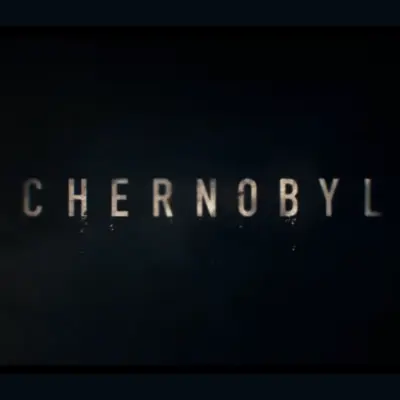HBO's Chernobyl shows how Russia's modern propaganda machine is falling apart
-

"You already know that Chernobyl was beautifully crafted TV. What you might not have heard is how the show exposed a vulnerability in Russia’s propaganda machine — one that has existed for a long time, but is looking especially fragile these days," says Georgy Birger. "That vulnerability is connected to what stirred Russian viewers the most about Chernobyl: that an English-language production for an American network got to write Russian history so powerfully. Many Russian viewers admitted HBO did a better job than Russian filmmakers would; one even noted that the first time he had seen people placing flowers by Moscow’s monument to the Chernobyl liquidators was after the show came out. His tweet was liked 18,000 times. A lot of Russians felt this way — they saw the show as a powerful tribute to the bravery of the liquidators, a point repeated in almost all reviews in independent Russian publications." The power of HBO's Chernobyl, Birger notes, is why Russia views the HBO miniseries as if it were a foreign threat, telling Russians it is full of gaffes and inaccuracies. "But Russia talks to the outside world in a different voice," Birger notes, "and external Russian propaganda offered a different take. Russia Today praised the show’s artistic virtues, and was just a little upset at the lack of its full authenticity. Russia Beyond, the cultural subsidiary of RT, commended Chernobyl in all aspects in one article, and cautiously picked on a few details in another, still ending up with a positive evaluation. The irony here is that a show about narratives, and the way they can turn sour, caused Russia’s own narrative machine to reveal some of its many contradictions." ALSO: A perfect storm made Chernobyl a hit -- even The Chernobyl Podcast has benefitted with 6.5 million downloads.
More Chernobyl on Primetimer:- The "Evil Russian" stereotype has persisted on shows like Devs, despite "humanizing" Russian portrayals on The Americans and Chernobyl
- Republican Congressman Dan Crenshaw: Liberals don't like nuclear energy "because they watch The Simpsons or Chernobyl"
- How TV show companion podcasts became all the rage
- Chernobyl star Paul Ritter dies at 54
